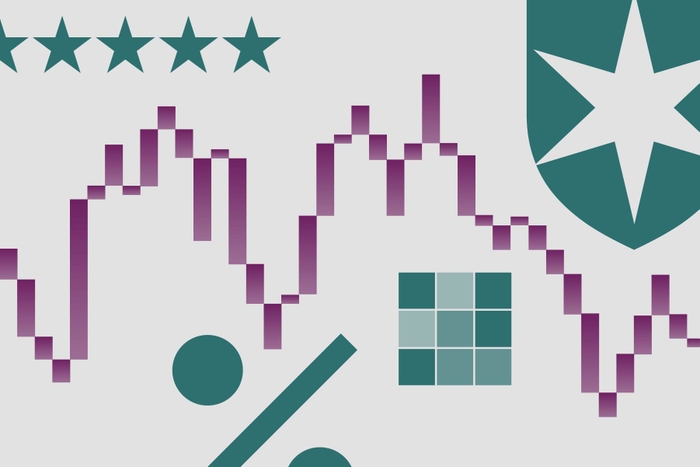Emma Wall: Hello, and welcome to the Morningstar series, "Why Should I Invest With You?" I'm Emma Wall and I'm joined today by Matthias Siller, Manager of the Baring Emerging Europe Fund (BEE).
Hello, Matthias.
Matthias Siller: Hello.
Wall: So, I saw an interesting report today. This week the World Bank has come out and predicted that by 2025 Eastern European countries, including Romania, Poland and Hungary, will be richer than those Southern European counterparts such as Italy. What is driving this rise in GDP per capita?
Siller: Well, from my perspective, it will be investment-led. So, these companies have been very friendly and have been very successful towards foreign investment, and they also see rising productivity gains on that back of that.
So, these countries, even though you see domestic consumption increasing on the back of household income growth, people get richer, there are productivity gains that keep them extremely competitive on an international level, probably more competitive than other parts of Europe. And I think that is the key reason why we will see wealth increasing in those countries.
Wall: And of course, this is good news for the economies of those countries and good news for the individuals who live in those countries. But it's also got to be good news for people who invest in the companies listed there, right?
Siller: Absolutely. We think it's a win-win situation here where households too participate in these economic gains and that could very well translate into a positive backdrop for investors. So, it's not only exports go up, also domestic consumption should increase on the back of that.
Wall: And what sectors or what kind of companies can you invest in in order to benefit and to profit from this kind of rise?
Siller: I think what stands out is the financial sector here. I think it's very clear to see that needs of households but also of companies increase more and more with regards to savings, with regards to insurance products and so on. So, we think that indeed the financial sector should benefit from this development. And also, here, there are productivity gains as more and more of the financial sector will migrate to the internet.
Wall: And of course, the financial sector, certainly in Western Europe – I know less about Eastern European banks – but have been quite been beaten up over the last couple of years. I can think of some German banks that have not fared too well. Does this mean that it's at a quite attractive valuation at the moment for a stock picker such as yourself?
Siller: I mean, valuation is supportive for us, but what is more important here is that these are – the financial sector is in a very, very good health, contrary to the financial sector in the countries you just mentioned. So, what we would focus on is more the qualitative aspect of the financial sector in the new EU member states such as Poland or Romania, where we see – and we think this is going to be a main differentiator. The balance sheets are in order and we do see that banks are investing into becoming future proof and to defend their market share against international competition.
Wall: Matthias, thank you very much.
Siller: You're welcome. Thank you.
Wall: This is Emma Wall for Morningstar. Thank you for watching.





























